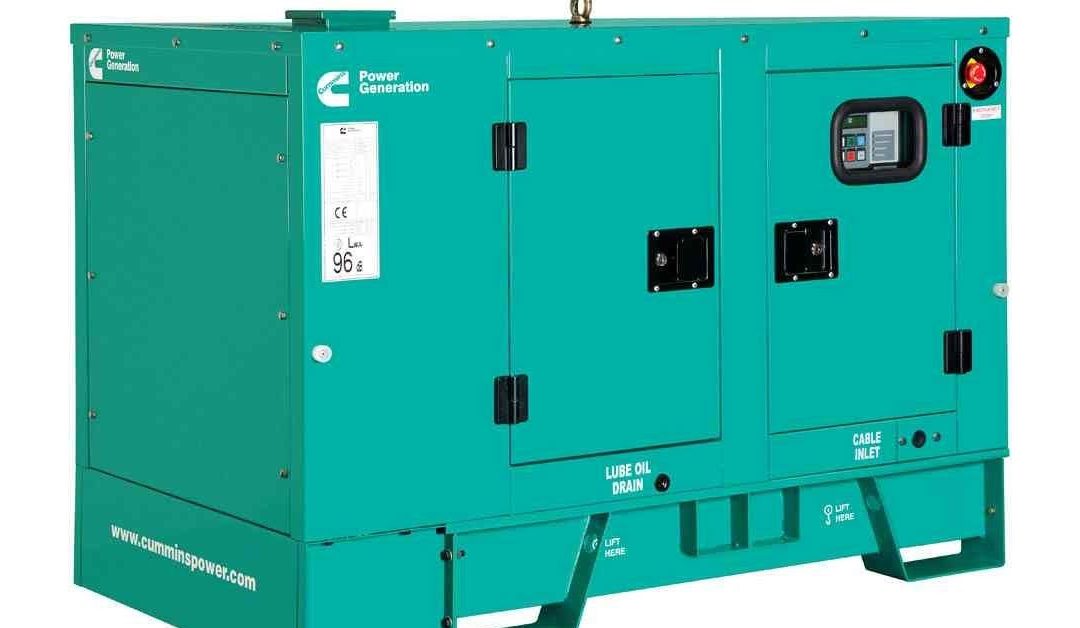Did the recent Hurricane Dorian shake you up a bit? Whether or not you were affected by this powerful storm, one thing is for certain. The hurricane was very catastrophic and destroyed the homes to many. This is why the professionals at Ace Power Products, LLC are here to make sure you have all the information you need when it comes to our helpful hurricane preparation guide. Our information and Kubota diesel engine parts are available to everyone across the United States.
Stay Safe!
Alright, you’ve already prepared your hurricane checklist, but now the hurricane has arrived. You’re able to stay in your home, but what do you do?
Whatever the disaster, being prepared starts with you. Through the month of September, we’ll be posting preparedness guides so you and your family can be safe no matter the storm. First up is our hurricane preparation checklist.
When a hurricane strike is imminent, will you and your family stay at home, or can you travel somewhere safer? You should have an emergency plan for both scenarios.
If you plan to stay put through a hurricane, you should:
- Plan for everyone. You should have a recovery plan in case something should go wrong. Make sure everyone in your party understands the communication and logistics plan — like a secure meeting point or safe rooms in your home, and how you would get in contact with one another if someone was to get caught out in the storm.
- Have a checklist on hand and complete the tasks you can ahead of time. Though you don’t know exactly when disaster might strike, this is the point of being prepared. Try to think of everything you might need: supplies like lighting, first aid, food and drink, and a power source. Having these items on hand will help you and your family move to your safe place more efficiently when times get tough.
- Keep your community in mind. During times of disaster, it’s important to stay up to date with the latest emergency news. Create a contact list with phone numbers and addresses of those in your neighborhood, and keep a battery-operated radio on hand as telephone lines might be out of commission. Make sure your contact list includes individuals with medical training.
- Listen to orders. If an evacuation has been ordered for your area, don’t wait until it’s too late to leave. Have your safety bag and kit ready to go, so if you’re told you need to leave, you’re prepared. Make sure your family has time to travel — allow 24 to 36 hours, and be sure you’re off the highway when a storm strikes.
Even if you’d prefer to stay at home, you should plan to go if:
- You live in a mobile or manufactured home
- Your home does not meet the current hurricane building standards (was built pre-hurricane standards)
- A storm surge or flooding might reach your home
- Evacuation orders have been issued
If you find yourself in any of the above circumstances, follow these steps:
- Arrange where you’ll stay in advance. Perhaps you’ll go to a relative’s home, a friend, or a designated Red Cross location. Make sure you communicate clearly with family and loved ones about where you will be going.
- Prepare your “leaving” to do list. This includes things like shutting off the electricity in your home, locking doors and windows, and bracing entry points. Make sure important paperwork, like health insurance information, is in an easy-access spot. Also, make sure that you have all your medications refilled prior to any natural disasters.
- Don’t wait until the last second, or to see if you can “weather the storm.” Give yourself a good 24 to 36 hours of travel time before the storm is to hit your area. Roadways will not be empty during an evacuation period, and you don’t want to be stuck on the highway when the storm does hit.
Trust Our Hurricane Preparation Guide!
During any natural disaster, anticipate no power. This means conservation is your number one priority. With heavy rains and wind, power lines are incredibly vulnerable. Sometimes you might be without power for hours, and in the worst of disasters, for weeks. Power outages are during strong storms are all inconvenient, but did you know they make up 47% of power loss across the country? The average cost for a homeowner of one power outage is about $1,058.
To conserve power, we have a few tips:
- Keep your refrigerator closed. Your fridge can stay cold for up to four hours without power, and your freezer will last up to 48 hours.
- Keep ice in a nearby cooler. You can put dry ice or a block of ice inside the refrigerator or freezer to extend the cold.
- Simplicity is key. Plan some easy-to-make meals ahead of time. You’ll probably have to cook by candlelight, so nothing extravagant. Make sure you have all the cooking utensils you need.
Natural disasters can be emotionally stressful times. When you’d rather take a walk, you might be cooped up in the house for hours in close quarters. Making sure you have activities will help everyone in your homestay occupied and calm in this otherwise chaotic time. A few easy entertainment activities include:
- Word games
- Card games
- Read a new book or magazine
- Crafting
- Finally start that new work out plan
- Plan a living room campout
Communication is especially important in the midst of a hurricane. You want to know where your family is, and more importantly, that they’re safe. Remember that the first lesson of conservation? The same thing applies to phone usage: unplug, power down, and emergencies only.
Did you know? The average phone life is 12 hours, and the average person checks their phone 85 times a day. So what’s keeping them tied to their phone? The top 6 phone activities include sending/receiving messages, searching for information on the web, using navigation or maps, updating social networks, streaming music, and playing online games.
- Before the power goes out, make sure you unplug all of the major electronics and appliances in your house. If you don’t, you’re at risk of repairing those devices affected by electrical surges.
- Only use your phone when absolutely necessary. Otherwise, make sure your WiFi is turned off, and the phone stays in airplane mode. This will help your phone maximize battery life.
- Make calls only for emergencies to avoid tying up the phone lines for emergency responders.
- Portable generators can make your life easier during any natural disaster. The average generator can last about 9-11 hours at a 50% load with a 7 1/2 gallon fuel tank. The right portable generator can be used to power your most useful devices, like a refrigerator, freezer, well pump, security system, or microwave. While running your portable generator, you can power multiple appliances based on their unit size and wattage. It’s important that you don’t overrun your generator with too many appliances. Before purchasing a portable power solution, use a wattage calculator to determine just how much power you need.
Portable Power Safety Tips:
- Run your generator outside in a well-ventilated area
- When your generator is on, keep it away from open windows and garages
- Keep a carbon monoxide detector in your home. This will alert you to any emissions that possibly sneak into your home
- Keep extra gas on hand, and purchase gas before a natural disaster
Call Us For Kubota Diesel Engine Parts
Be sure to check out our hurricane preparation guide today! When it comes to quality diesel parts, marine parts, and generators, we offer Cummins generator parts and also Kubota diesel engine parts. Ace Power Product, LLC, has the perfect industrial engine parts from well-known brands across the country. Located everywhere in the USA, we are here for you, and we also ship worldwide. Call us today for more information. You will not be disappointed.

